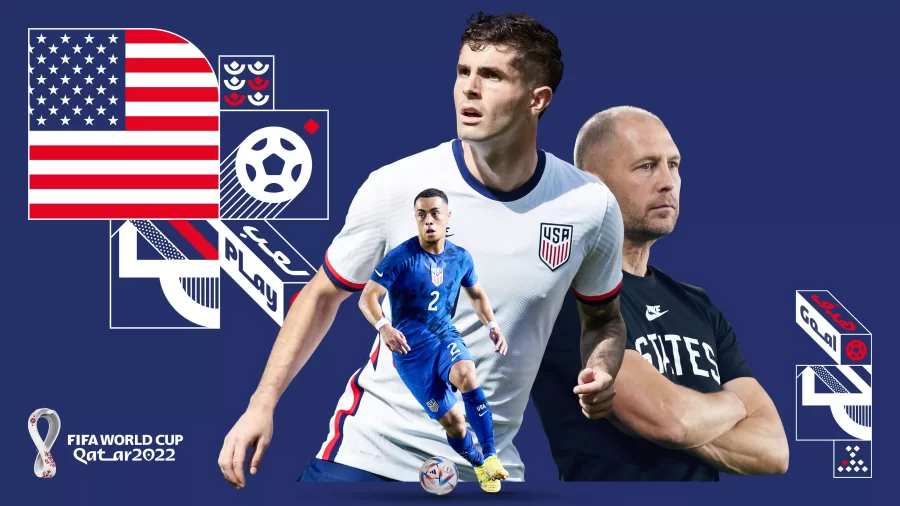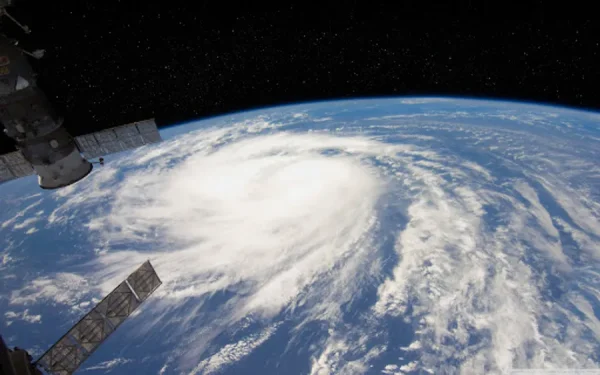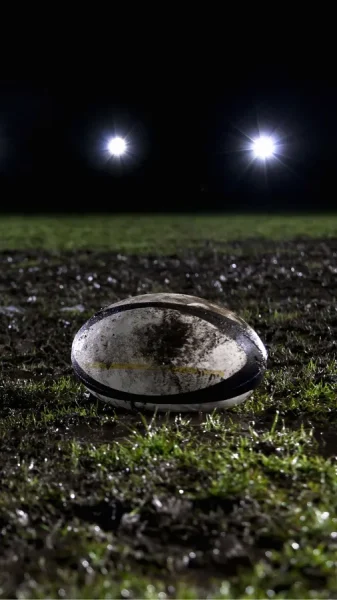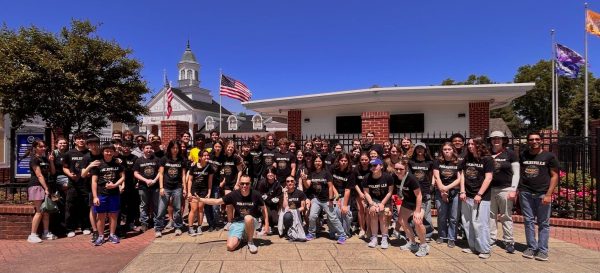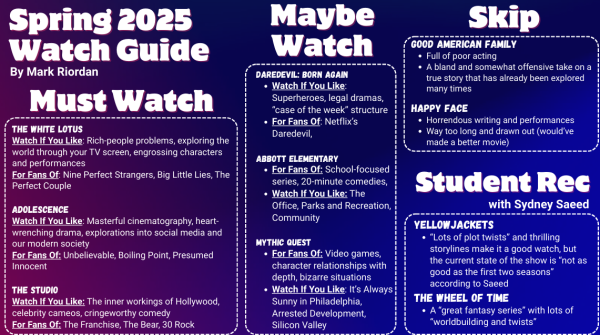World Cup: United States Post-Mortem
On Saturday Dec. 3, 2022, the United States men’s national soccer team was eliminated from the 2022 FIFA World Cup, falling 3-1 to the Netherlands in the Round of 16. In a game which saw no shortage of opportunities for the US to capitalize, a series of individual mistakes provided openings for the Dutch side, who took their chances when they cropped up.
The US advanced through the group stage after earning five points from three hard-fought matches. In their opening game against Wales, the US were undone by a late penalty, leading to a 1-1 draw. A strong defensive performance followed against England, which ended 0-0, teeing up a must-win final game of the group stage against Iran. Despite a nervy second half in which Iran seemed a constant threat to score, the US held on for a 1-0 victory and secured second in the group.
The Netherlands, on the other hand, comparatively coasted through the group stage. After a 2-0 victory over Senegal in their opening game, a tight 1-1 draw with dark horses Ecuador followed. In their final match against hosts Qatar, they cruised to a 2-0 victory. Their seven points were sufficient to win Group A.
A slew of attacking chances fell for both teams early in the game. Controlling the first few minutes, the US found Christian Pulisic one-on-one with the Dutch goalkeeper, but Andries Noppert was able to turn the ball aside. With the Netherlands’ first real attacking chance of the game, a strong counter-attack found full-back Denzel Dumfries out wide. He squared the ball to forward Memphis Depay, who had lost his defender in US captain Tyler Adams. Wide open at the top of the box, Depay made no mistake. 1-0.
Just before halftime, veteran defender Daley Blind cropped up on a near identical play to beat American keeper Matt Turner for the second time. Heads hung low, the US went into the halftime break with a massive job ahead of them. That being said, they’d reversed such margins against the Dutch before. In 2015, the US overturned a 3-1 deficit within the final 20 minutes to upset their opponents 4-3, on Dutch soil.
In the 78th minute, forward Haji Wright gave the Americans hope. After spurning a much simpler opportunity to score minutes beforehand, Wright lobbed an awkward shot that skipped over his right foot into the side netting from a near impossible angle, giving the US a lifeline.
Just three minutes later, the Netherlands put the game to bed. Blind found Dumfries with a good cross, and defender Antonee Robinson was caught napping. Dumfries buried the header. Netherlands three, United States one.
“[The US] just didn’t have the energy to defend anymore,” said senior Amogh Hari Krishna. “The Netherlands would attack, then quickly defend, and then counter-attack, again and again. The US was stuck in this constant loop of losing the ball on their side.”
As the final whistle blew, there was an equal sense of disappointment and optimism throughout the US fanbase. The missed opportunities sparked debate over the exclusion of two key forwards enjoying purple patches in Europe, Ricardo Pepi and Jordan Pefok. Losing a close game against a strong European nation was another bitter pill to swallow.
But optimism was equally echoed. The second-youngest team in the tournament at just 25.2 years old on average, the US has a strong core to build for the future. In four years, when the US will host the World Cup alongside Mexico and Canada, Adams will be just 27 years old. Pulisic will be 28 and midfield engine Weston McKennie will be 26, as will dynamic full-back Sergino Dest. Maestro Yunus Musah will be just 24 — all in the prime of their careers. That is to say, the future is bright for this young team. Just four years on from their shocking failure to even qualify for the World Cup in Russia, the team recovered to play near-even to a nation ranked within the top 10 in the world, according to FIFA’s world rankings.
So, while heartbreaking in the moment, there’s no telling where this team will go next. Senior Albert Coronado is approaching the next World Cup cycle with cautious optimism.
“Overall, if [the US] can get a good defense in Europe, they should be fine,” he said. “By the next World Cup, those best defenders aren’t going to be there because of their age. If the strikers become clinical in whatever league they’re in, they should be fine. Maybe quarterfinals.”

Jack is a senior in the Humanities program. This is his second year writing for The Pulse, but his first year as a Copy Editor. Outside of the classroom,...


